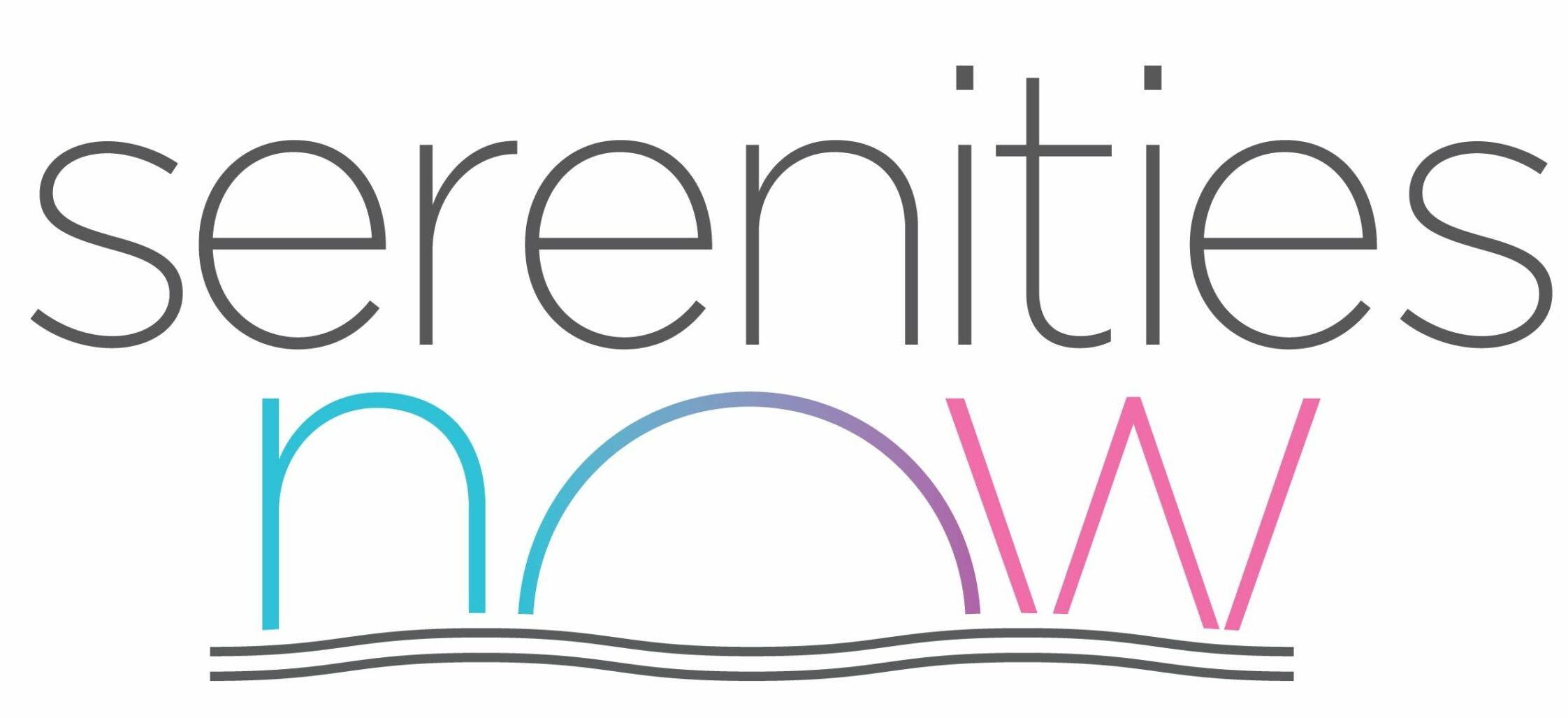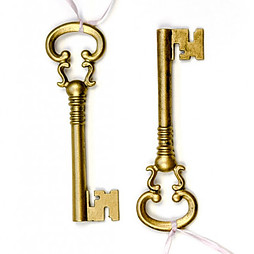There are a lot of different factors that come into play when it comes to being successful. Today, we are going to focus on two of them – being organized and being on time – that can make a huge difference in your day-to-day life. Think back on some of the most successful people you’ve met in your own life. The chances are they were good at both of these – organized and on time. There’s a reason why both of these factors will make such a big difference when it comes to being successful.
 True confessions here – I am very good at being on time. In fact, I often refer to myself as being “chronically early.” I am very conscientious of time – mine and others, and I pride my self of being efficient with time. I even plan activities to fill in the wait time I often encounter because of my “chronic earliness.”
True confessions here – I am very good at being on time. In fact, I often refer to myself as being “chronically early.” I am very conscientious of time – mine and others, and I pride my self of being efficient with time. I even plan activities to fill in the wait time I often encounter because of my “chronic earliness.”
While being on time is a strength, I am openly confessing that being organized is not. I have to work at it, and it does not come naturally even after all these years of practice. I know I have a lot of work to do in this area, and I am thankful to have to tools to be able to progress.
Both being on time and organized can help you make the best possible use of the time and energy available each day. When referring to energy, it includes all types – mental, emotional, and physical energy. We have an adequate, yet limited supply of energy available to us. We also all have the same twenty four hours to use on any given day. In other words, both time and energy are limited resources. Being on time and staying organized helps us make the most of those resources and focus them on tasks and activities that will help us reach the goals that define success.
Let’s look at two different ways in which being both on time and organized will help you succeed.
Being On Time And Being Organized Saves You Time
That makes sense, doesn’t it? Yes, it sounds good, but do we actually realize how true it is? Think about it this way.
How much time have you wasted recently looking for a misplaced item or file? How about your car keys? How much time have you wasted because you didn’t show up on time for an appointment and ended up having to wait? Making an effort to be on time and staying organized helps you save your valuable time and energy. Being on time is all about time management and awareness. Work will always stretch out into however much time you give it. Becoming more aware and better at time management will help you work more efficiently. The same is true for being well organized.
Being Organized and On Time Helps You Look Professional
 Let’s face it – showing up late for an appointment or interview just makes you look bad. So does not being prepared or having to dig around for a few minutes to find something needed for your meeting or conversation. That is particularly true when it comes to first impressions. Work on getting better at both, so you get the opportunities you want and that you deserve, and people see you as a respected person or expert in your field.
Let’s face it – showing up late for an appointment or interview just makes you look bad. So does not being prepared or having to dig around for a few minutes to find something needed for your meeting or conversation. That is particularly true when it comes to first impressions. Work on getting better at both, so you get the opportunities you want and that you deserve, and people see you as a respected person or expert in your field.
How To Get Better At Both
You now know why it’s important to work on getting organized and being on time. So, let’s look at how we can improve both those skills. What it comes down to is getting into the habit of being conscious of time and staying on top of organizational tasks.
Yes, if you’re exceptionally disorganized, it will take some up-front work to sort, organize, and clear things up. Once completed though, you have to discipline yourself day in and day out to put things back in their place and stay organized. That is true for physical items, digital items, and even thoughts and ideas. The short answer then is to practice both being on time and staying organized on a daily basis until they become habits.
Make Time Management a Priority
One tool that can be helpful in sustaining your new habits is to invest in a time management system. When you read anything about time management, it will likely steer you towards some kind of time management software tool or program. You put the tasks into the program and you will have time slices for each task. Usually, these programs give you the ability to decide how much time should be allocated to each task. When you are ready to work on a task, you hit the start button and get going on it. When you finish the task you hit the stop button. Over time, the tool will report which tasks you completed early or on time and which you took longer than you should have.
This type of program can be very helpful, but if you are not ready to make the investment, you can also go the paper and pencil route. Many years ago before we had easy access to computers and programs, we did what was called a “time study.” We would use a planner page that had room for twenty four hours of daily appointments and activities. As we did each activity, we would log it on the page. At the end of the week, we would manually make a chart with the different categories across the top, and then write in the times and tally them up.
While time management is a helpful tool for day-to-day use, it should not be mistaken for a goal setting program. Your goals are usually broader-in-scope and often defined as milestones. The tasks included in your time management system are the tasks that are used to make up your goals.
 When I was manually tracking my time, it was strictly for the job, but if you really want to understand how you use your time, include the non-job related tasks as well. For instance, if you take fifteen minutes out of your day to speak to your spouse, why include this when logging your time.
When I was manually tracking my time, it was strictly for the job, but if you really want to understand how you use your time, include the non-job related tasks as well. For instance, if you take fifteen minutes out of your day to speak to your spouse, why include this when logging your time.
Most people don’t include these extraneous activities and this could be a mistake when measuring how well you are doing on a day-to-day basis over time. If you add those extras in, you can see just how much time is spent on those extra activities as well as see what those actual activities are. If you are spending too much time talking to people on the phone, this will become obvious as you tally your results.
When you reduce the number of non-critical activities on a daily basis, you will be increasing the time available for activities that will get you closer to your goals.
I challenge you to begin using some of the tips we’ve discussed today. Give yourself at least three weeks and then objectively review your results. Tweak as needed, stay consistent, and you will be well on your way down the road to success.
Find your purpose – find your joy!
Would you like copy of Improve Your Mindset? Just click on the link – it’s my gift to you.
Did you find a few more ideas of your own? If so, I’d love to hear about them in the comments, and as always please reach out with your thoughts.
You can also connect with me via –
Email: info@SerenitiesNow.com
Facebook: https://www.facebook.com/sue.pine.92 or on Instagram: @sue.pine.serenities.now

